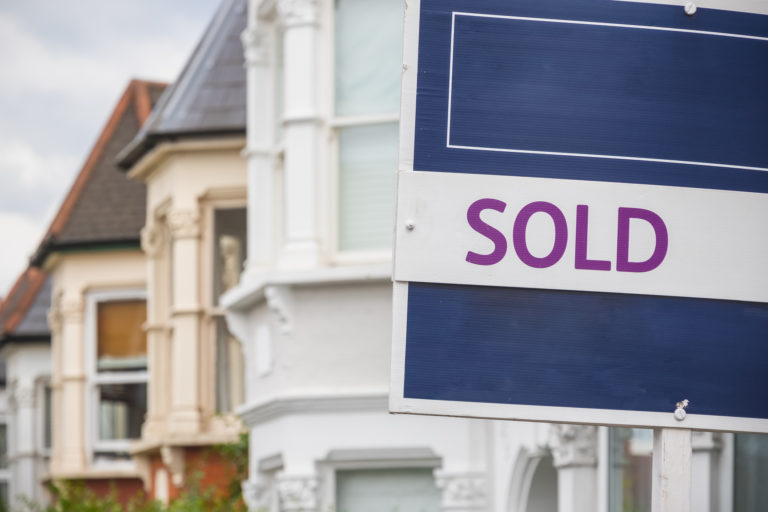The mortgage guarantee scheme is open for applications and is expected to provide options for some first-time buyers. What does this mean for homebuyers and the property market?
The new government-backed mortgage guarantee scheme went live on the 19th April. This scheme was first announced in the Spring Budget. Now, first-time buyers and current homeowners can secure a mortgage with just a 5% deposit for existing houses up to £600,000. The aim is to provide an affordable route to home ownership.
Housing Secretary Robert Jenrick comments: “The new mortgage guarantee scheme which comes into effect today will give providers the confidence to lend and help families and young people get on the property ladder without the prohibitive burden of a large deposit.
“Despite the challenges faced over the past year, the government has intervened to protect jobs, support builders and buyers to help keep the housing market healthy. Today’s 95% mortgages launch further strengthens our commitment to build back better from the pandemic.”
Widening mortgage options
In the past year, there had been a decline in mortgage deals available, especially those with lower deposits. During the first country-wide lockdown a year ago, most 95% loan-to-value (LTV) mortgages were pulled. These kinds of mortgage deals with a small deposit of only 5% are most popular among first-time buyers, but they are also considered riskier by lenders.
In recent months, mortgage availability has increased, but there has still been a lack of smaller deposit mortgages available on the market. The new mortgage guarantee scheme is providing new options for some struggling to save up for a deposit.
Through the scheme, the government is offering lenders a guarantee to provide mortgages that cover the 95%. These mortgages will still be subject to the typical affordability checks. The scheme is available from a number of lenders across the country. This includes NatWest, Santander, HSBC, Barclays and Lloyds. Virgin Money will launch deals under the scheme in May.
The product fees vary, and some are also offering different incentives, such as free valuations. A mortgage broker can help homebuyers find the best deals for their financial and personal circumstances.
Increasing demand from first-time buyers
In recent years, first-time buyers have benefitted from a number of schemes, including stamp duty relief and the Help to Buy schemes. Since 2010, over 687,000 households have been helped to get their first step onto the property ladder, according to the government.
However, 69% of private tenants and 63% of those living at home who had looked into mortgage options said they can’t find many mortgages with a small deposit. And as prices have been on the rise, this has made it more difficult for many people to purchase property.
The Housing Secretary says: “In recent years we’ve reversed the trend and seen a positive increase in owner-occupiers. We’re determined to build on this through the range of flexible ownership options which help ensure home ownership is achievable. We want to match the ambitions of aspiring homeowners up and down the country.”
Supply may not be able to keep up
The mortgage guarantee scheme could help more first-time buyers hop onto the property ladder. However, there are some criticisms of the scheme including the scheme only being available for existing properties and not new-builds. This could lead to a further lack of supply and increase house prices further.
Additionally, with the furlough scheme coming to an end on 30th September, this could make it difficult for some borrowers to utilise the scheme. Many lenders will likely only accept offers for borrowers in stable employment.
Overall, the mortgage guarantee scheme, along with the stamp duty holiday, will likely keep the property market busy. First-time buyers will be able to continue making stamp duty savings even after the end of the stamp duty holiday extension and tapering period.
Because of this, demand for property will likely remain high, especially among first-time buyers. And as first-time buyers don’t have a property to sell, this will further keep supply low. This will also likely put additional upward pressure on house prices, which could make it challenging for some to buy.










